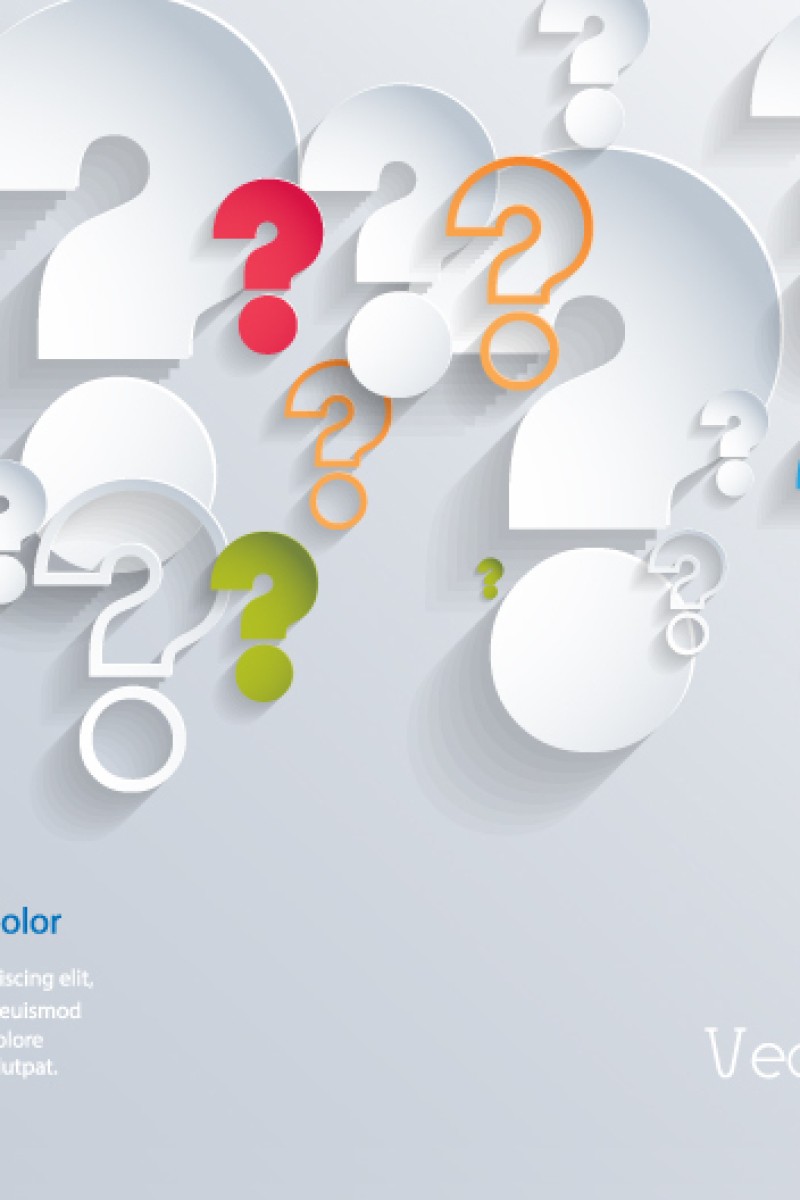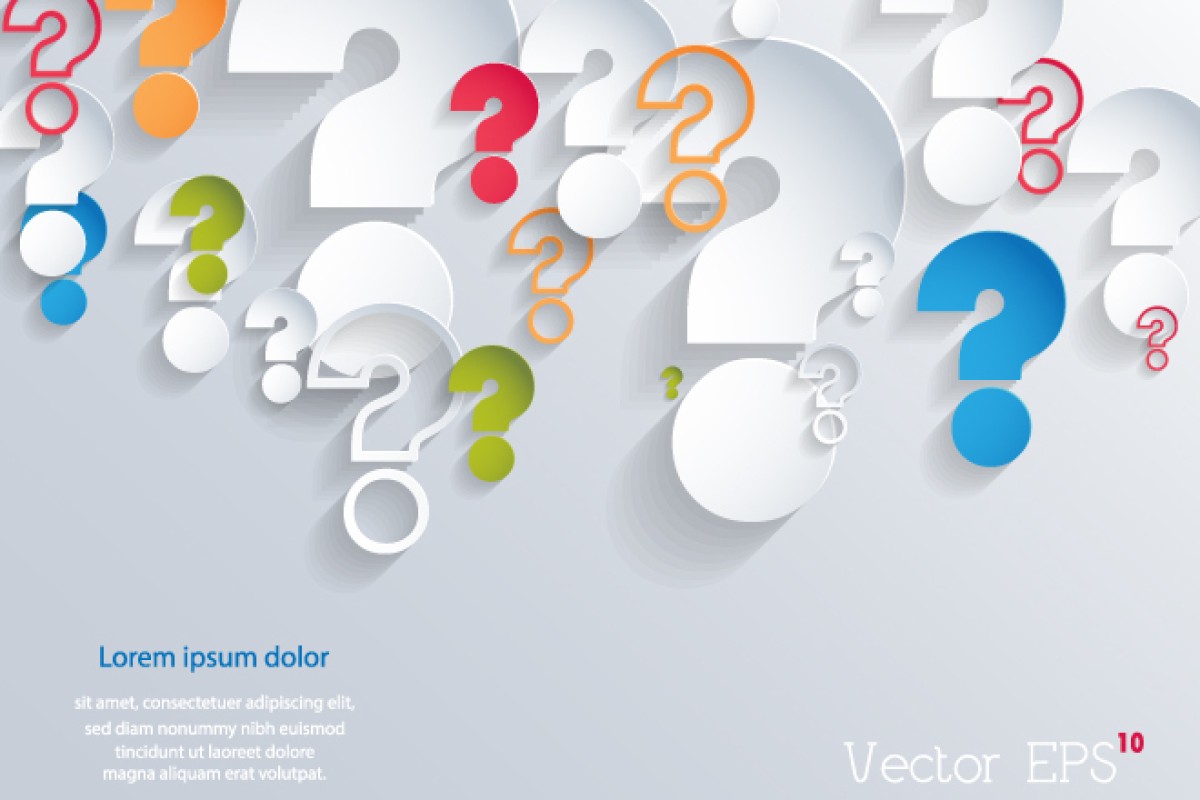
There are more ways to look at an issue than our society would have you believe

There is nothing more disheartening than receiving an extensively corrected analytical essay from my Chinese tutor. It was an assignment titled “has the traditional value to prioritize morality over life become archaic in present times?” Considering the increasing emphasis on sanctity of life, I argued that upholding rigid honour codes is no longer as important as right of survival.
Unfortunately however, my tutor clearly disagreed.
I am not a prolific writer and my compositions are mediocre at best, but her comments, scribbled in red ink and barely legible, centred largely on rebutting my thesis – how brave sacrifices are sometimes justified, how one should not overlook the contributions of doctors who died fighting the SARS epidemic and how there are countless examples of “contemporary heroes”.
It was a superb analysis, logically coherent and well structured, yet I was not entirely convinced. I was having second thoughts about the essay topic itself – why pretend to be open for discussion when there is a strong bias towards one end of the debate? I would certainly be willing to discuss “the prevalence of traditional Chinese values on modern society” than suffer from a less-than-average content score.
Why ask at all when one already has a preferred answer?
My essays gradually have become a game of choice – what would a semi-conservative, who simultaneously supports the Occupy Central campaign, like to hear? Should I opt for the side that champions complete autonomy in child rearing, or the side that insists on formal education and comprehensive instructions? (She opted for the latter choice, much to my dismay.)
To be fair, my tutor is merely preparing me for a standardised examination. After all, this is a city where most questions raised are empty rhetoric, where negotiations are dramatic monologues and proposals are unalterable decrees. Even if citizens refuse to accept the generous universal suffrage package from the administration, the incessant television commercials do not seem to take ‘no’ as an answer.
It did not matter if social movements provide opportunities to develop political awareness; class boycotts are denounced and vehemently clamped down. It did not matter if test questions contain words like ‘in your opinion’ or ‘do you agree’, unexpected responses beyond the confining marking scheme are simply incorrect.
This is probably why some regard lectures beyond the walls of school campuses as illegitimate classes – they do not teach answering techniques and fail to prepare students for the DSE curriculum.
Universal suffrage may appear to be a trivial matter when compared to ISIS rampage in Iraq, but in a place formerly renowned as “Pearl of the Orient”, it is simply aching to see a deteriorating socio-political atmosphere, where there is only a narrow definition on what constitutes “correct”.
